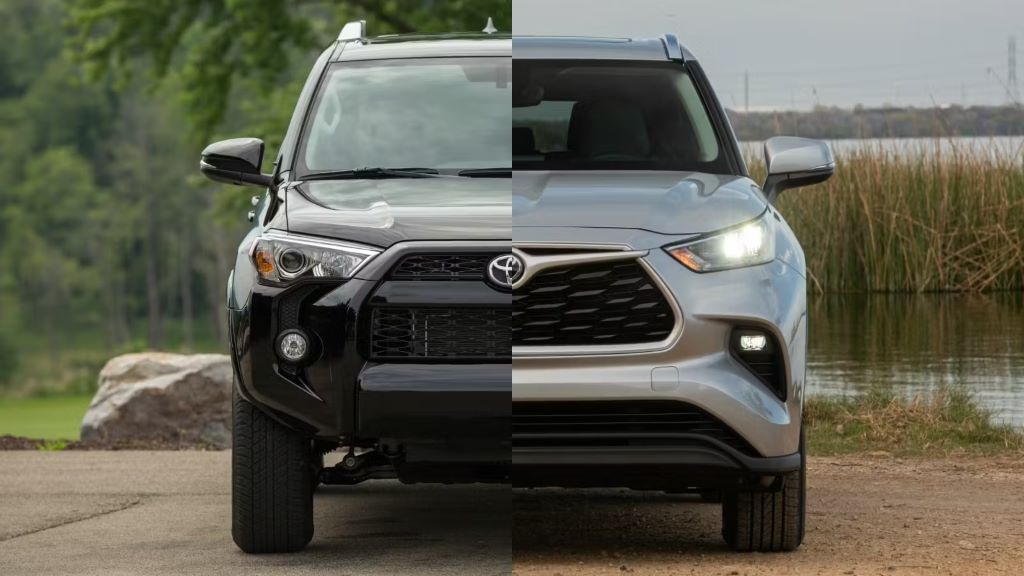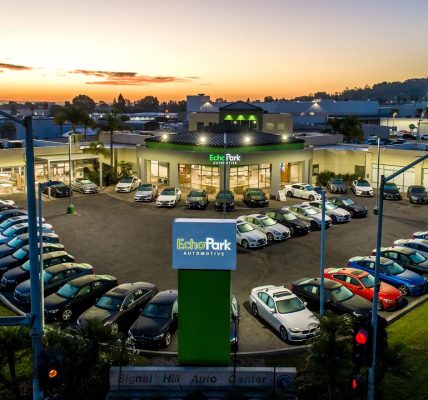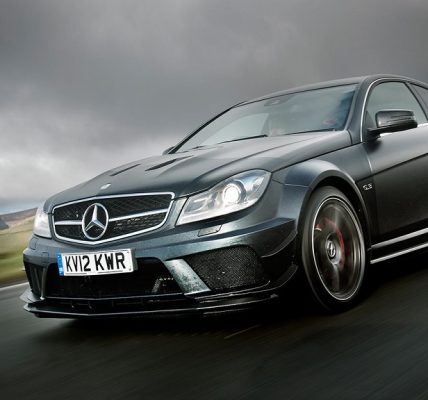The automotive landscape is teeming with options, and two of the most popular segments are SUVs and crossovers. While they share similarities, there are distinct differences that can significantly impact your driving experience. The SUV vs. crossover debate has become increasingly relevant as both options gain popularity. Let’s delve into the world of SUVs and crossovers to help you determine which one aligns best with your lifestyle and needs.
SUV vs. Crossover: Understanding the Basics
Before we dive into the specifics, it’s essential to clarify the key differences between SUVs and crossovers.
- SUVs (Sport Utility Vehicles): Traditionally built on a truck-like platform, SUVs are known for their ruggedness, off-road capabilities, and towing power. They often come with a body-on-frame construction, providing increased durability and ground clearance.
- Crossovers (Crossover SUVs): These vehicles blend the characteristics of SUVs and cars. They’re typically built on a car-like platform, offering better handling, fuel efficiency, and a smoother ride. While they don’t match the off-road prowess of SUVs, they excel in urban environments and provide a comfortable driving experience.
SUV vs. Crossover: Factors to Consider
Choosing between an SUV and a crossover requires careful consideration of your specific needs and preferences. Here are some key factors to guide your decision:
-
Lifestyle and Needs
- Family size and cargo requirements: Larger families and those who frequently transport bulky items may lean towards an SUV for its ample space.
- Off-road adventures: If you enjoy outdoor activities like camping, hiking, or exploring rugged terrain, an SUV’s capabilities are essential.
- Daily commute and urban driving: Crossovers often provide a more comfortable and fuel-efficient option for daily commutes and city driving.
- Towing capacity: If you need to tow a boat, camper, or trailer, an SUV is generally better equipped to handle the load.
-
Size and Dimensions
- Parking and garage space: Consider the dimensions of the vehicle and whether it will fit comfortably in your parking space or garage.
- Passenger and cargo capacity: Evaluate your seating and cargo needs to determine the appropriate size.
- Fuel Efficiency
- Driving habits and commuting distance: If fuel economy is a priority, a crossover is likely to be more efficient due to its lighter weight and often smaller engine.
- Hybrid or electric options: Consider fuel-efficient alternatives available in both SUV and crossover segments.
-
Driving Experience
- Ride comfort and handling: Crossovers generally offer a more car-like ride, while SUVs tend to be more rugged and have a firmer feel.
- Off-road capability: If off-road performance is important, an SUV is the clear choice.
-
Budget
- Purchase price: SUVs often come with a higher price tag due to their larger size and features.
- Operating costs: When planning your budget, it’s crucial to factor in fuel consumption, insurance, and maintenance costs, as these can vary significantly across different types of vehicles.
Understanding these expenses can help you make a more informed decision. For a comprehensive overview of various types of vehicles, you can explore https://www.cybearsonic.com/automobile/types-of-vehicles/.

SUV vs. Crossover: The Pros and Cons
To further assist your decision-making process, let’s compare the advantages and disadvantages of SUVs and crossovers:
SUVs
- Pros: Spacious interior, off-road capability, towing capacity, ruggedness
- Cons: Higher fuel consumption, less agile handling, larger size, potentially higher cost
Crossovers
- Pros: Better fuel economy, car-like handling, comfortable ride, often more affordable, versatile
- Cons: Limited cargo space compared to SUVs, less off-road capability, potentially less towing capacity
Conclusion
Ultimately, the choice between an SUV and a crossover depends on your individual needs and preferences. By carefully considering the factors outlined above, you can make an informed decision that best suits your lifestyle. Remember, test-driving different models is essential to get a firsthand feel for each vehicle’s characteristics.
Related: 5 Effective Self-Defense Moves Tailored for Parking Lot Safety
Would you like to explore specific SUV or crossover models based on your needs?





